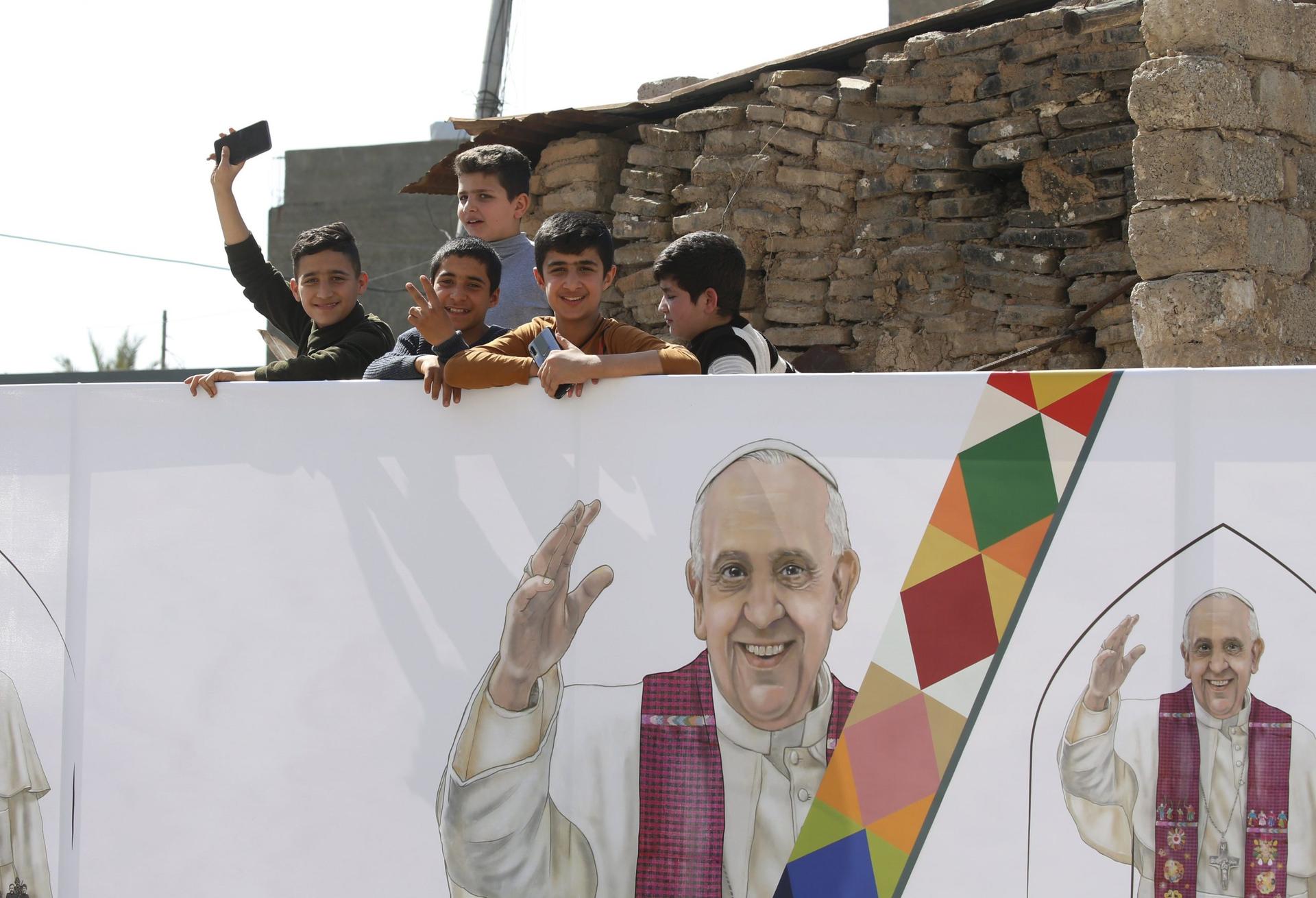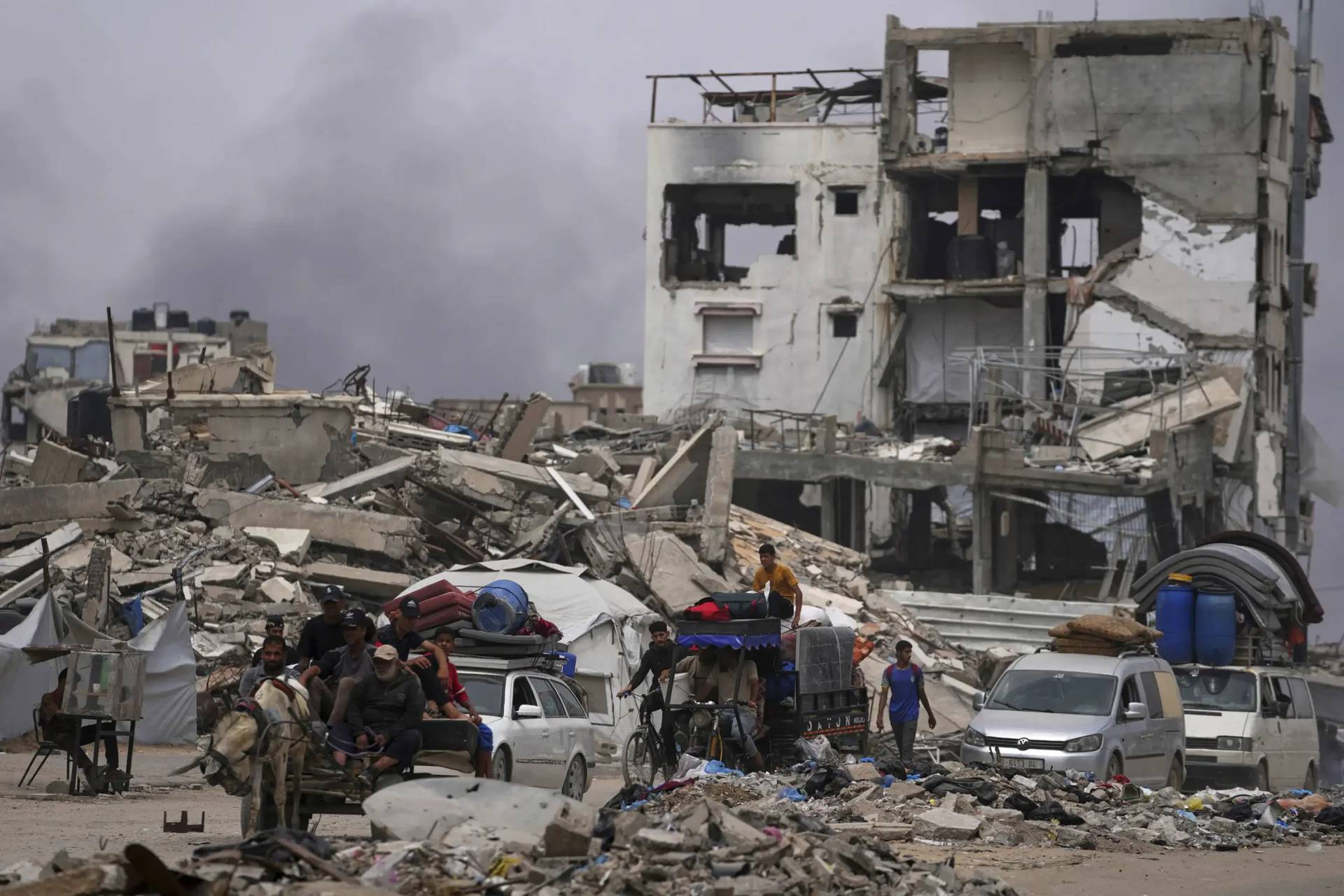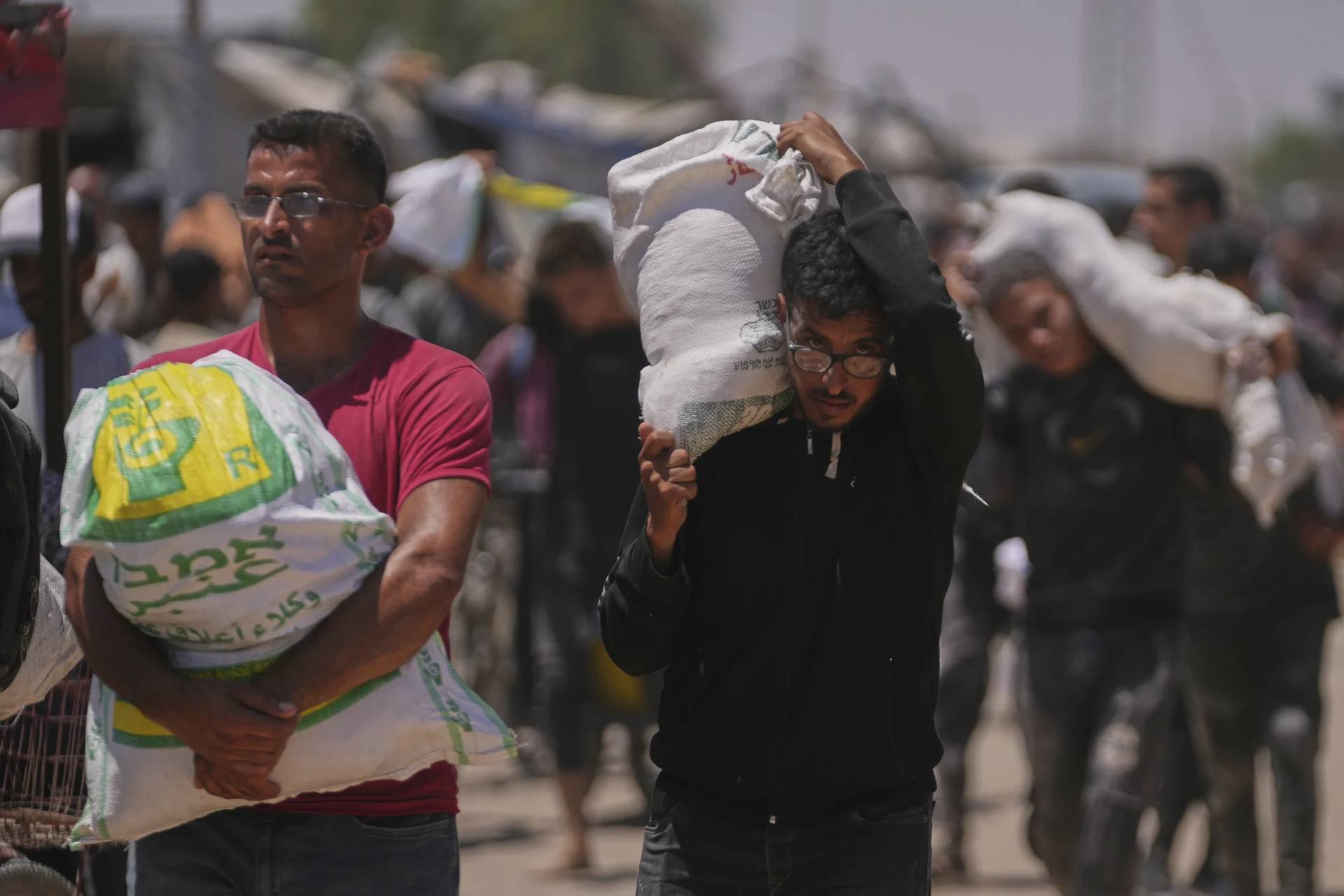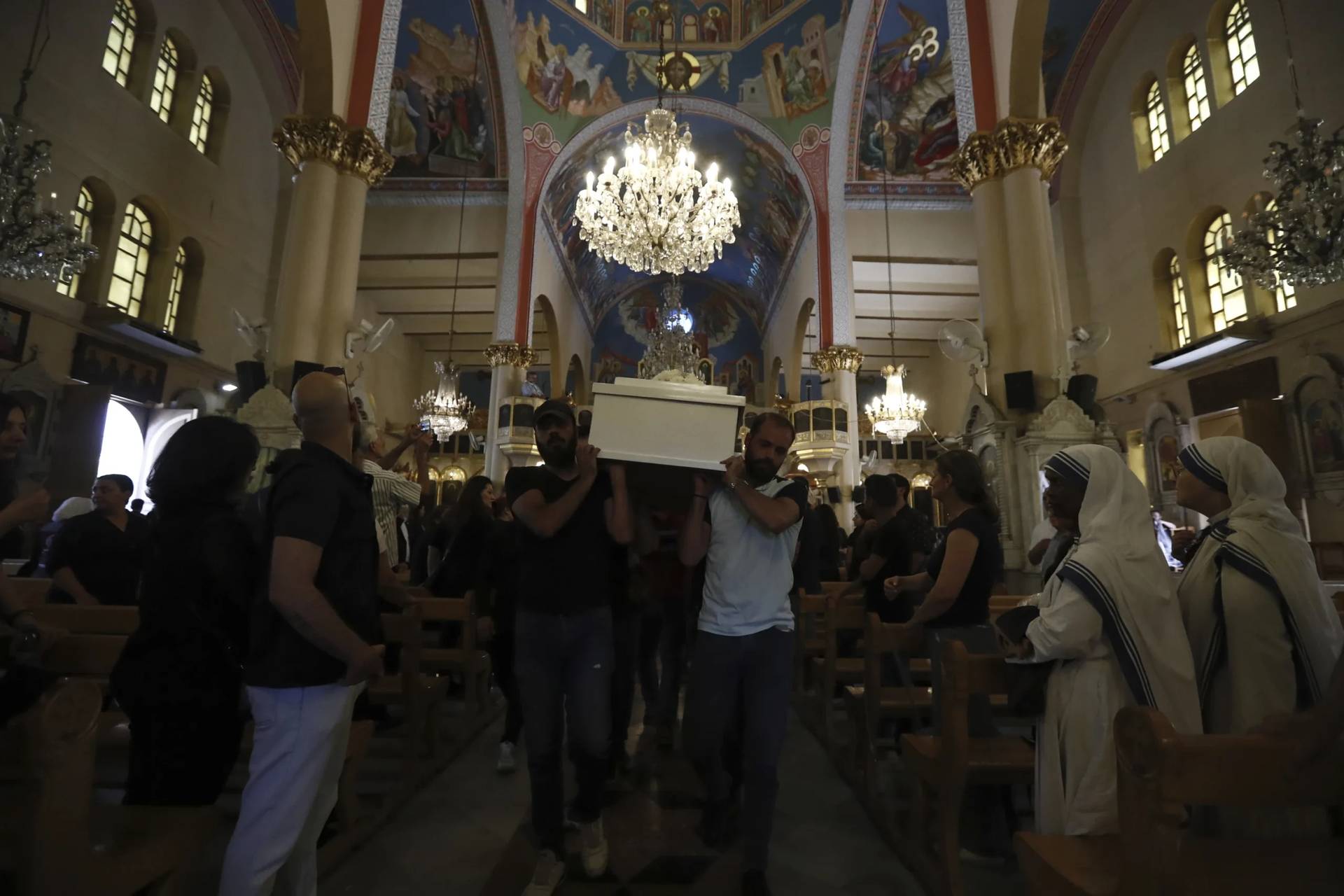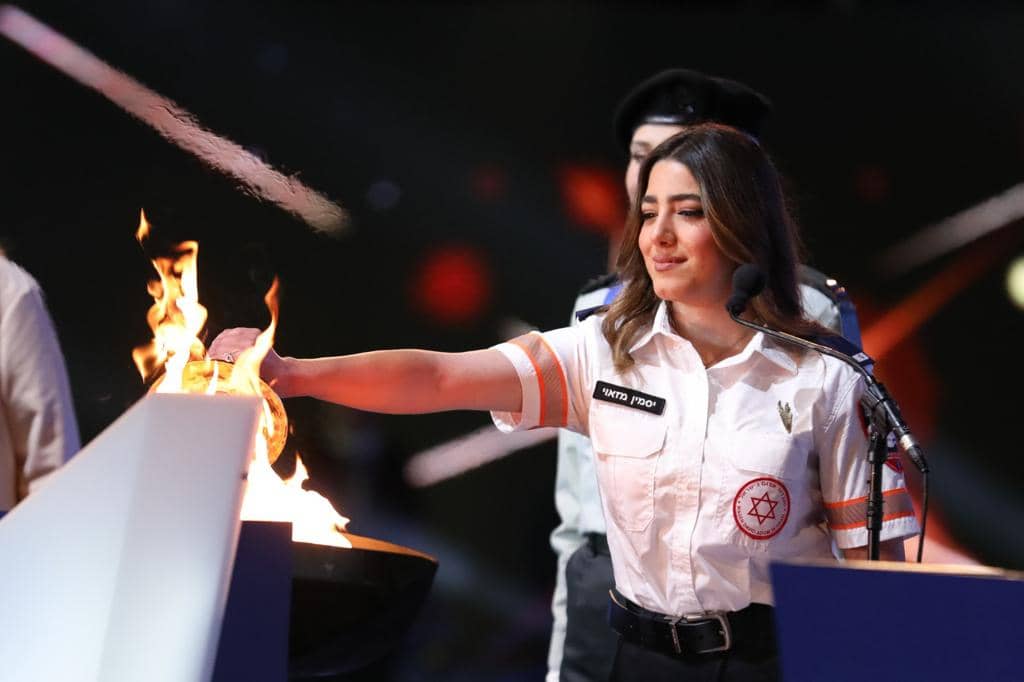ROME – As the dust settles on Pope Francis’s historic March 5-8 visit to Iraq, people in the troubled country inspired by what they saw and heard from the pontiff are hoping his message has lasting impact.
“The biggest question that we should ask now is how will Iraqis make good use of this visit and invest on what Pope Francis developed,” said Omar Mohammed, founder of Mosul Eye, a blog that kept the world informed during the 2014-2017 occupation of Mosul by ISIS.
“We all know he was harsh in criticizing the Iraqi government, and called for justice, equal citizenship and accountability,” Mohammed said. “These are a roadmap towards a better Iraq.”
During the visit and the days that followed it, Mohammed argued in favor of Mosul not being held hostage any longer to the legacy of ISIS domination.
“In Mosul, Francis made true to cleaning the name of the city,” he told Crux. “He made it clear that this is a city of love, fraternity, a city of people who have all suffered.”
Hayder al-Khoei, Director of Foreign Relations of the Al-Khoei Institute in Najaf, a city where Pope Francis met with Grand Ayatollah Ali al-Sistani on Saturday, argued that the papal visit “has brought a smile to the faces of Iraqis. In a rare moment, the country and its people presented the world a different narrative to the one that is constantly portrayed by mainstream media.”
Al-Khoei has met with both the grand ayatollah, who succeeded his grandfather, and Francis on several occasions. He’s convinced that the papal visit made a brighter, tolerant and peaceful face of the country was visible, despite the many security, economic and political challenges Iraq continue to face.
“One of the most encouraging signs of the papal visit was seeing Iraqis, from different faiths, sects and races, celebrating the pope’s visit,” he said. “This wasn’t just for Iraqi Christians but for all Iraqis.”
Had somebody said a few years ago that the pope would be visiting Iraq, al-Khoei said, “they would have laughed at you.”
“But the pope didn’t just travel to Iraq,” he said. “He came and travelled over 1,000 miles across six different cities from Mosul in the north to Nasiriya in the south, in a whirlwind tour of the country that no other head of state has done.”
The fact that Francis kept true to his word and went despite the many “troubles,” he said, helps make the visit all the more beautiful. Al-Khoei also highlighted the fact that the schedule and venues of the visit were announced weeks in advance, calling this an “incredibly brave decision” seeing Iraq’s security situation and the presence of ISIS, which is still very much a threat.
“To see the Pope standing against the backdrop of destroyed Churches in Mosul addressing Christians, in what was once the capital of ISIS, was a powerful message that whilst Iraqi Christians are an intrinsic part of Iraqi society, terrorist groups like ISIS have no place in Iraq or its future,” he said.
Another positive outcome of the visit, he said, is the fact that Iraq’s Prime Minister Mustafa Al-Kadhimi declared March 6 to be the National Day of Tolerance and Coexistence, marking both Francis’ meeting with al-Sistani and an interfaith prayer in Ur, birthplace of Abraham.
“This will hopefully not just strengthen interfaith dialogue initiatives already happening throughout the country but make it a day to remember for generations to come,” al-Khoei said.
Mohammed called the visit a morale boost for Cardinal Louis Raphael Sako, patriarch of the Chaldean Church, who has long said that the only way for Christians to remain in Iraq is by giving them equal citizenship.
“He’s always said that the only way for Christians to remain in Iraq is not only to let them have their church or allow them to practice their faith freely, but to actually have equal citizenship before the law and the constitution,” the historian said. “They should enjoy the same rights as any other Iraqis, and this was the fundamental roadmap that Pope Francis drew.”
Speaking from an undisclosed European location — Mohammed fled Mosul in 2017 due to death threats from ISIS — he also praised the pontiff’s boldness in asking the “fundamental” question about how the Islamic State seized power in portions of the country.
“Who sold the weapons to destroyers, and who is selling them today?” he said, quoting Francis’ conversation with journalists on the way back to Rome from Iraq on Monday.
“The weapons he’s referring to here are not only the physical weapons used to destroy buildings, but also those that helped create ISIS – how terrorism was created, why it was planted in this city specifically, [and] how the economic, social, and political structure led to this kind of disaster.”
Mohammed said only time will tell if Iraqis exploit the momentum of the visit to turn a page, overcoming years of instability and violence. Common people, he argues, are ready and working hard to do so, but his fear is that the government might have seen the visit as a mere publicity stunt.
“An essential, long-term plan is needed,” he said. “We can help the government to keep the momentum going by increasing spaces of dialogue in Iraq between all communities, by looking towards the future, and by understanding tolerance before we try to teach tolerance.”
Follow Inés San Martín on Twitter: @inesanma
